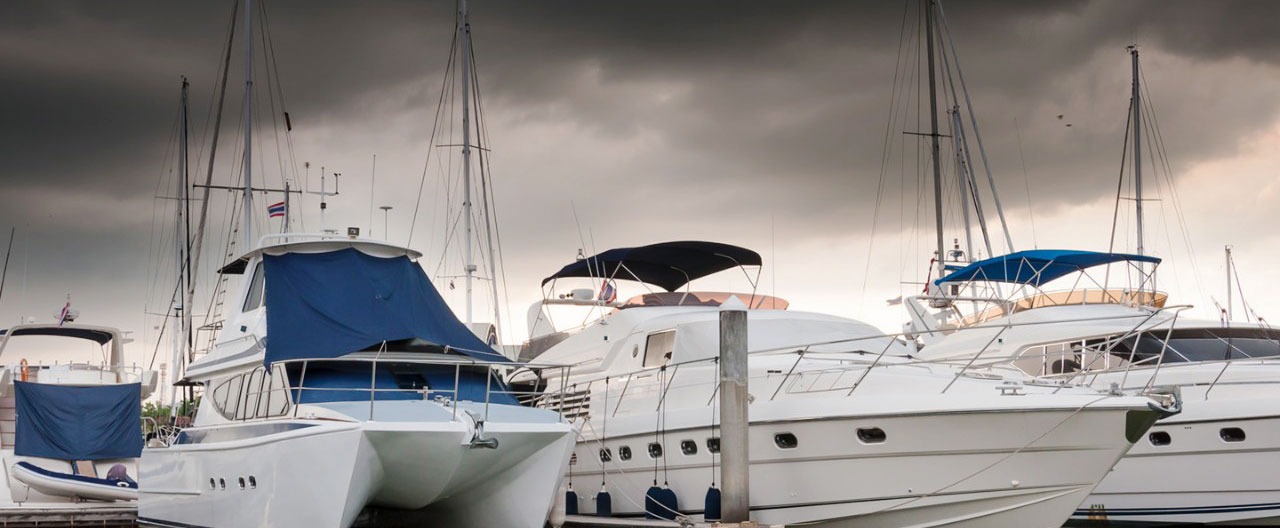- Individuals & Families
- Businesses
- Agents & Brokers
- Embedded Insurance

Chubb ranked #1 for Customer Satisfaction with the Home Insurance Claims Experience

Chubb ranked #1 for Customer Satisfaction with the Home Insurance Claims Experience

Chubb ranked #1 for Customer Satisfaction with the Home Insurance Claims Experience

Chubb ranked #1 for Customer Satisfaction with the Home Insurance Claims Experience

Because pets are family, Chubb now offers pet insurance with top-rated coverage from Healthy Paws.

Chubb offers the insurance protection you need for travel’s many “what ifs”.

Chubb protects small businesses at every stage – from newly formed start-ups to long-time anchors of the community.

Stay ahead of cyber threats with our free Cyber Claims Landscape Report.

Learn more about our dedicated learning paths, Online Learning Center, and more.

Many digital-savvy consumers look for it as a core or add-on option.

Many digital-savvy consumers look for it as a core or add-on option.

Many digital-savvy consumers look for it as a core or add-on option.

Chubb’s in-house technology makes it easy to integrate what we do into your customer experience.
-
About
-
Claims
-
Login & Pay Bill
For Agents & BrokersFor Travel Advisors
-
Back
These days, you never know when a storm will hit or how big or strong it will be. That’s why it’s wise to have a plan in place at the beginning of the boating season, so you can feel confident that your boat will be safe and secure – and you won’t have to scramble last minute – if a storm warning or watch is issued.
Start preparations before the season begins
First, you’ll need to answer a few questions before you can develop your plan:
- Who will be responsible for preparing the vessel? (owner, caretaker, marina or boatyard staff)
- When should preparations begin?
- Where will the boat be relocated to?
- Who are your emergency contacts?
What to do before a storm
Your best option is to haul your boat out of the water in advance of a major storm, tropical storm, or hurricane. With a plan in place, you should be able to cut down on the amount of coordination and time this will take.
If you plan to haul your boat out of the water
- Start relocating the boat as soon as you can. It is extremely difficult to move a vessel, strip sails, derig, and anchor in 35mph winds – and nearly impossible in 45mph winds.
- Store the boat as far inland if possible.
- While it’s best to store your boat indoors, if it’s kept outdoors, keep the boat away from trees, limbs and other structures and securely anchor the trailer to a fixed object or the ground.
- If the boat will be stored on the hard ground at a marina or boatyard, check with the facility to find out:
- What is your responsibility and what will staff handle.
- If the boat is to be kept in an outdoor dry stack: Vessels located at the top should be removed and blocked on the ground; remaining boats on lower tiers should be lashed to the racks.
- If the boat will be kept on the hard ground, the boat should be placed on blocks, jack stands, or a cradle. Also make sure the boat is anchored or strapped to ground.
Check your insurance policy for important coverage benefits and limitations.
Many insurance carriers offer some precautionary measures reimbursement to help you move your vessel to safety.
Read the language and pay close attention to things like:
- What’s covered and when is coverage triggered.
- Whether there’s first-dollar reimbursement or if a deductible will apply.
- Whether a watch or warning must be issued for the vessel’s location for coverage to apply.

If the boat will remain in the water during the storm
- Double all lines and make sure they are in good condition. Replace old ones as needed.
- Rig crossing spring lines fore and aft and attach them high on the pilings – this allows for increased tidal rise or storm surge (“spider-webbing”).
- Add chafing protection to lines at connection points.
- Add fenders all around vessel to prevent rubbing against dock, pilings, or other vessels.
- Make sure scuppers and drains are clear of debris that could prevent water exiting the vessel.
- Ensure batteries are charged and bilge pumps operational.
- Shut off any other electrical devices and disconnect shore power.
Keep storm surges and tides in mind
When readying your boat for a storm, expect that there may be storm surges or significant tide changes – and keep those in mind as you prepare your boat. For instance, an extreme low tide could allow a vessel to drop below the dock and become pinned and submerged when water rises again.
Storm surges can also be so significant that vessels that have been hauled ashore could be lifted off their blocks and float into another vessel, object, or even a house if not properly anchored to ground.

Last minute items before the storm
Before you leave you boat for the duration of the storm, consider attending to these smaller items:
- Remove personal items, valuables, portable electronics, and cushions from the vessel.
- Lower or remove antennas, outriggers, and secure other loose items.
- Remove canvas, curtains, and biminis – even if the storm doesn’t damage your boat, the canvas could be destroyed by wind or flying debris.
- Secure and lock all hatches and tape window seams and cabinets.
- Inventory the items on your boat and those you remove.
- Take photos or video of vessel before storm and document your storm preparations.
- Keep important documents handy including your insurance policy.
As always, if your boat sustains damage in a storm, report the claim as soon as safely possible. Mitigating damage as soon as possible can help prevent additional loss.
Insights and expertise


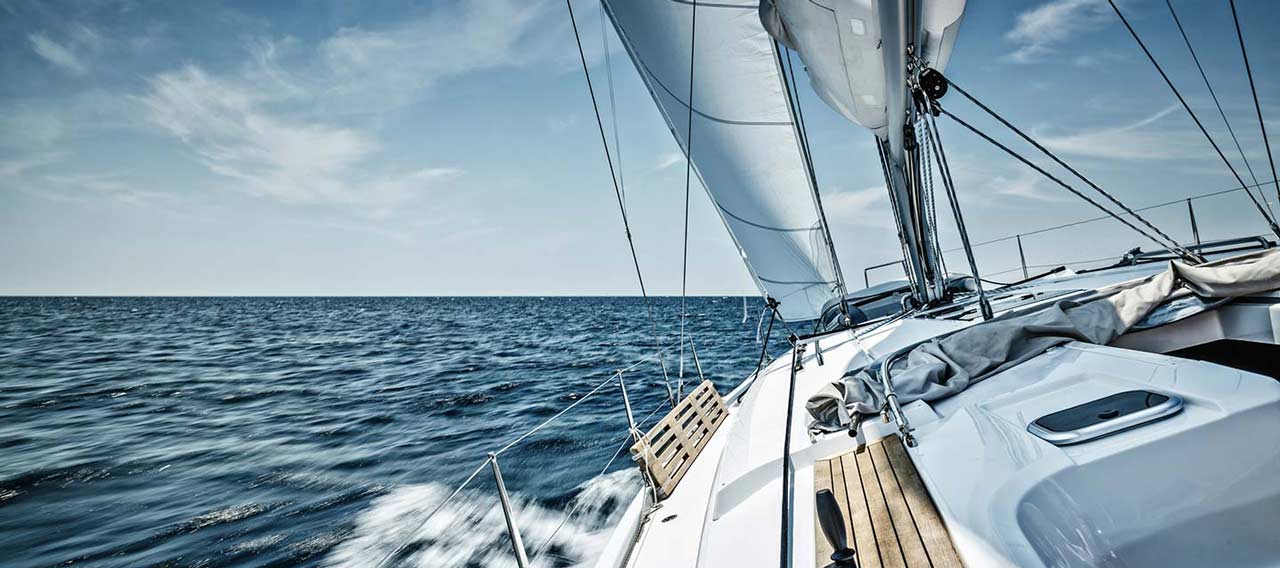
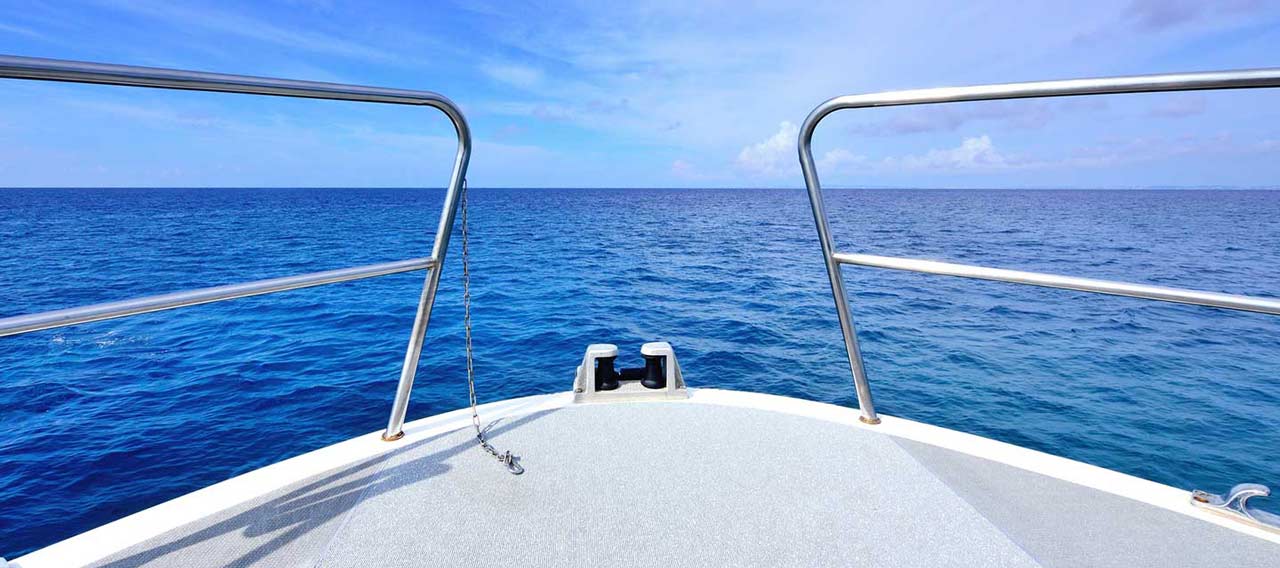

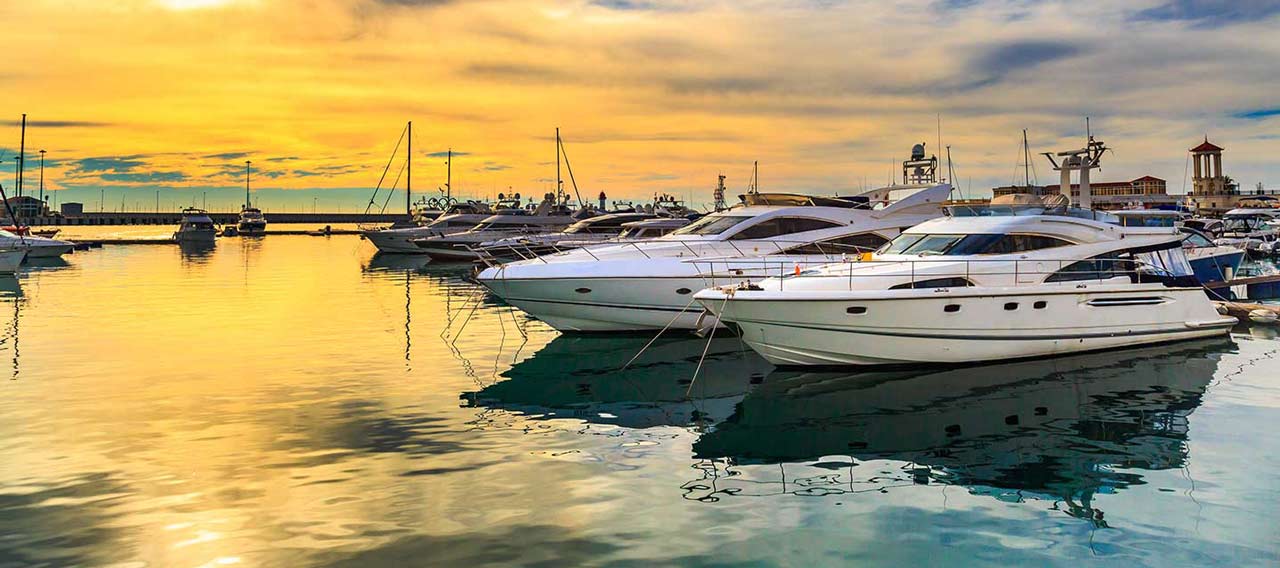
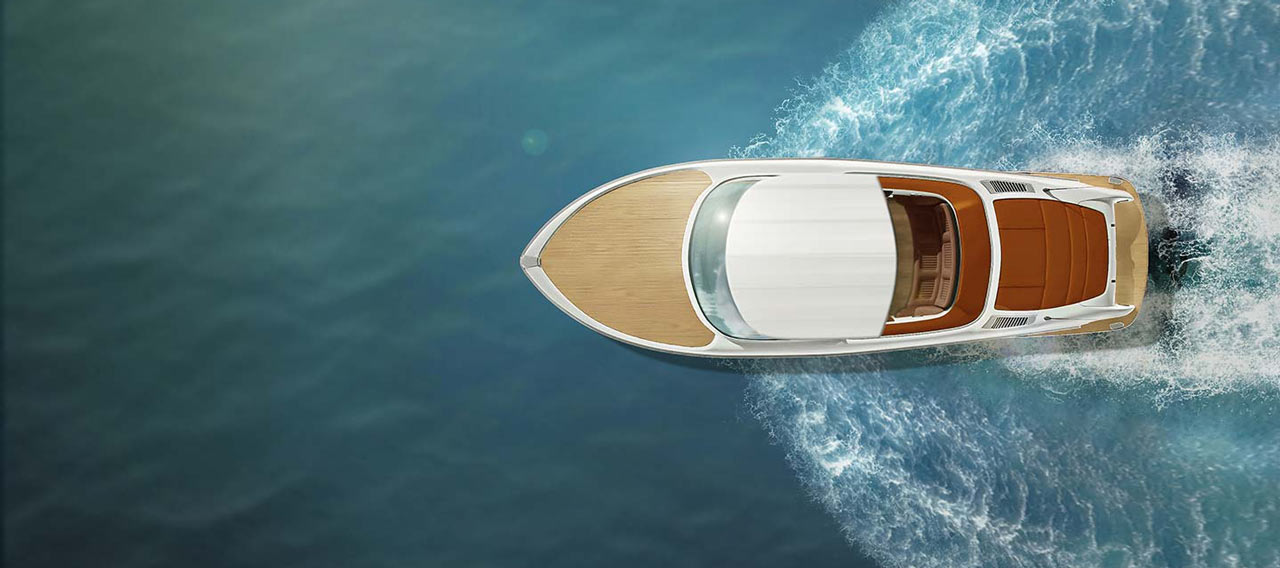
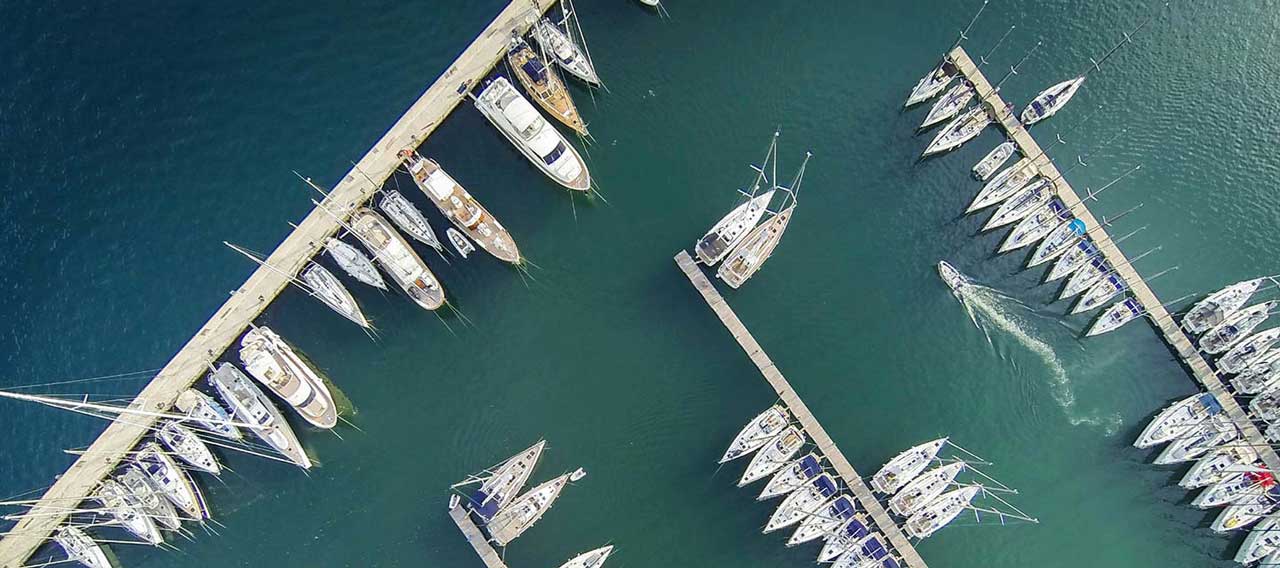
Get a personal insurance quote
Work with an independent agent to get personalized insurance solutions.
This document is advisory in nature and is offered as a resource to be used together with your professional insurance advisors in maintaining a loss prevention program. It is an overview only, and is not intended as a substitute for consultation with your insurance broker, or for legal, engineering or other professional advice.
Chubb is the marketing name used to refer to subsidiaries of Chubb Limited providing insurance and related services. For a list of these subsidiaries, please visit our website at www.chubb.com. Insurance provided by ACE American Insurance Company and its U.S. based Chubb underwriting company affiliates. All products may not be available in all states. This communication contains product summaries only. Coverage is subject to the language of the policies as actually issued. Surplus lines insurance sold only through licensed surplus lines producers. Chubb, 202 Hall's Mill Road, Whitehouse Station, NJ 08889-1600.


